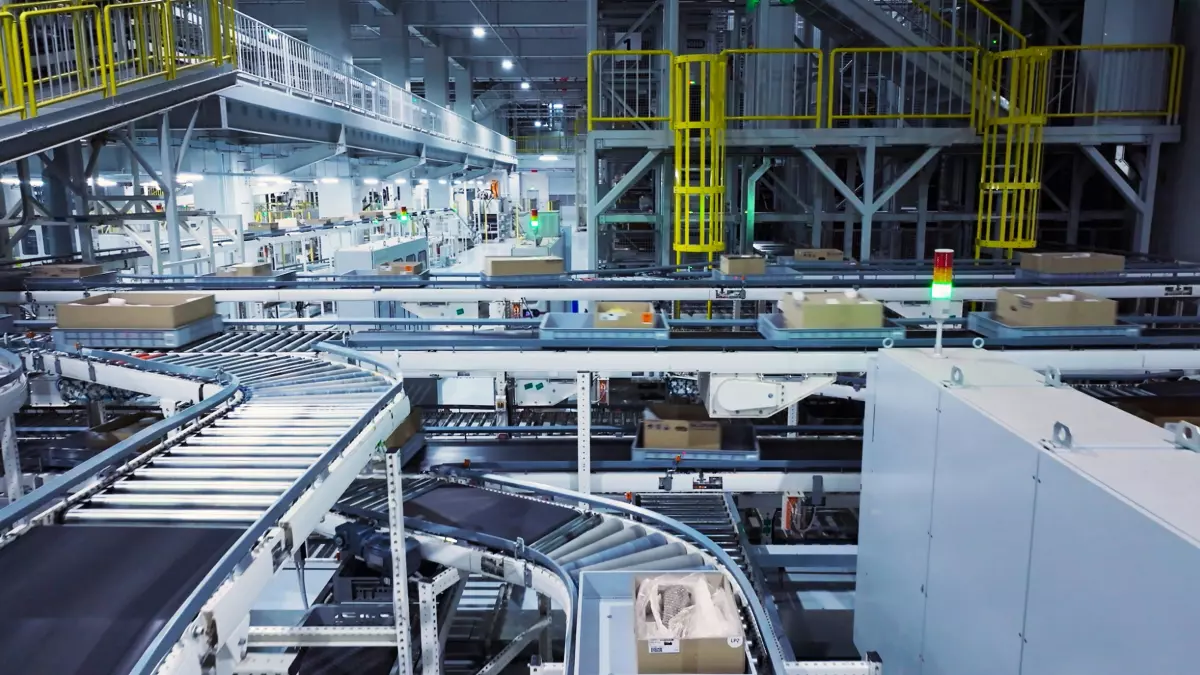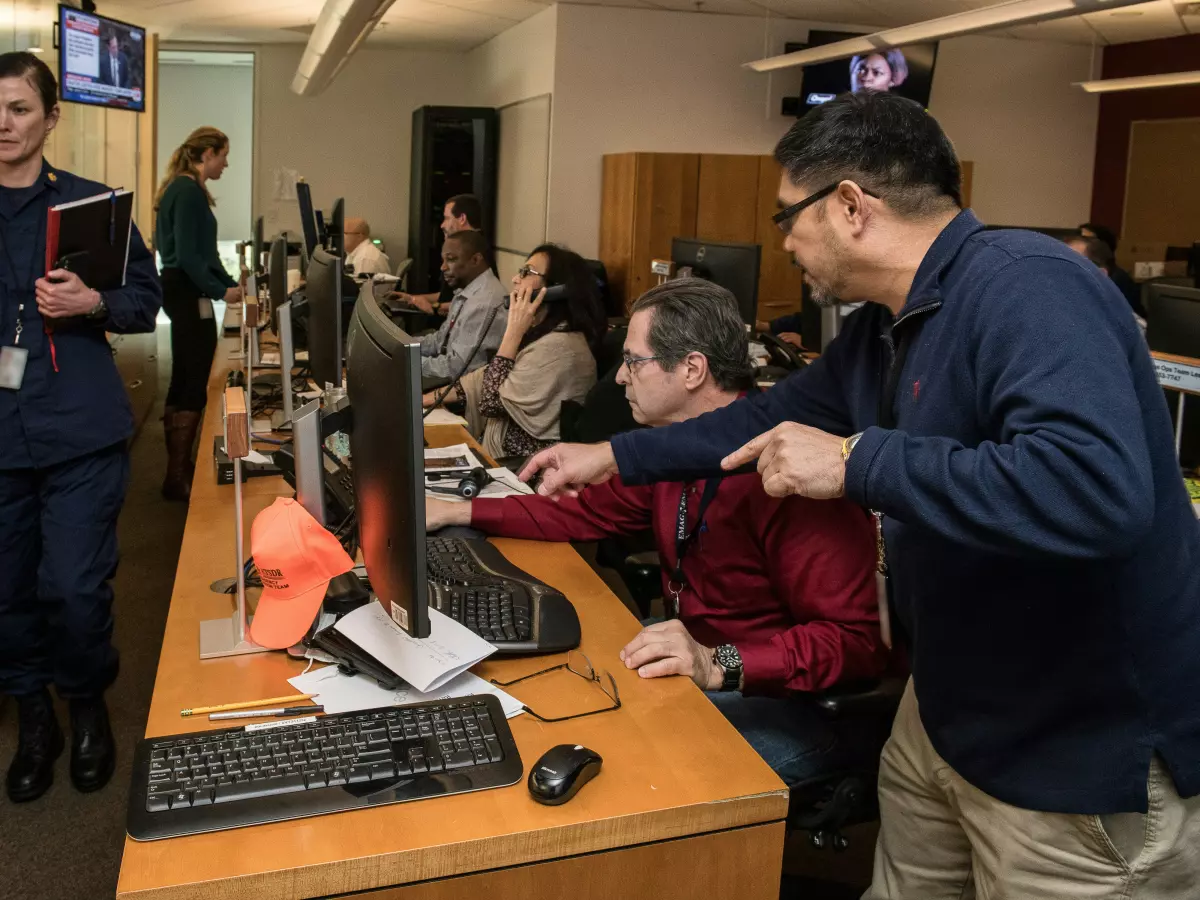AI Factory Frenzy
"Artificial intelligence is the future, and the future is now." – Elon Musk. If you’ve been paying attention to the tech world, you know that AI is no longer just a buzzword; it’s a battleground. And now, countries are racing to build AI factories like it’s the new space race.

By Marcus Liu
Elon Musk’s quote might sound like something out of a sci-fi movie, but it’s spot on. AI is transforming everything—from how we work to how we play. But here’s the kicker: it’s not just tech companies that are in on the action. Countries are now throwing their hats into the AI ring, and they’re doing it in a big way. The latest trend? Building AI factories to ensure they don’t get left behind in the race for 'sovereign AI.'
So, what exactly is sovereign AI? It’s the idea that countries want to develop their own AI capabilities, free from reliance on foreign tech giants like Google or OpenAI. Think of it as a way to ensure national security in a world where data and algorithms are the new oil. And this is where Nvidia comes in. According to VentureBeat, Nvidia has earmarked a whopping $110 million to invest in startups focused on sovereign AI. Yep, that’s a lot of zeros.
But it’s not just about the money. It’s about control. Countries like the U.S., China, and even smaller players like Singapore (shoutout to my homeland!) are pouring resources into building AI infrastructure that they can call their own. Why? Because whoever controls AI controls the future. It’s that simple.
The Nvidia Factor
Nvidia is already a giant in the AI world, but they’re not resting on their laurels. They’ve been on a shopping spree, snapping up AI startups left and right. Most recently, they acquired a startup for $250 million, further solidifying their dominance in the AI infrastructure space. This marks their fifth acquisition in 2024 alone, and it’s clear that Nvidia is positioning itself as the go-to provider for AI hardware and software solutions.
But here’s the twist: Nvidia isn’t just focusing on big markets like the U.S. and China. They’re also looking at smaller, sovereign AI projects in countries that want to build their own AI ecosystems. It’s a smart move, especially as more nations realize the strategic importance of AI in everything from defense to healthcare.
Apple’s AI Cold Feet
While Nvidia is doubling down on AI, not everyone is as eager to jump into the deep end. Case in point: Apple. According to a report from Ars Technica, Apple recently backed out of a $6.5 billion investment round in OpenAI at the last minute. Why? Well, the reasons aren’t entirely clear, but it’s a reminder that not every tech giant is ready to go all-in on AI just yet.
That said, Apple’s hesitation doesn’t mean they’re out of the AI game entirely. They’re just playing it safe, which is a bit ironic considering how much they’ve invested in AI for their own products, like Siri and their new Vision Pro headset. But hey, maybe they’re just waiting for the right moment to strike.
The Future of AI Sovereignty
So, what does the future hold? Well, if the current trend continues, we’re going to see more countries building their own AI factories and investing in sovereign AI projects. Nvidia will likely continue to dominate the hardware side of things, while other players like Apple might take a more cautious approach.
One thing’s for sure: the race for AI dominance is only heating up. And in this new world, it’s not just about who has the best algorithms or the most data. It’s about who can build the infrastructure to support the next generation of AI. So, buckle up, because the future of AI is going to be one wild ride.
Prediction? In the next five years, we’ll see at least a dozen countries with fully operational AI factories, and Nvidia will be at the center of it all. As for Apple? Well, they might just surprise us yet.





